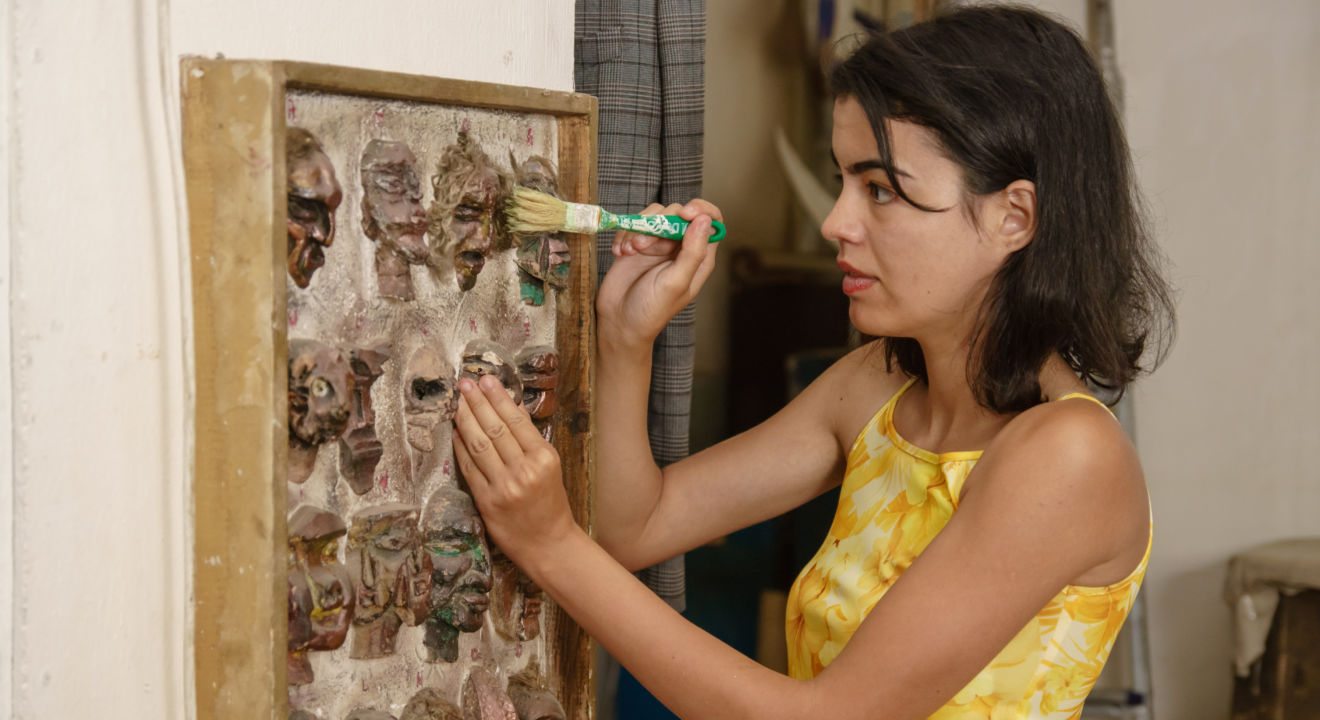Inspiration November 6, 2016


You’re absorbed in the rock and dust of the ditches you and your colleagues have dug over the past eight weeks. You’re on the outskirts of an obscure town on the western side of Bolivia on the edge of the Andes Mountains, unearthing further remains of the Tiwanaku Empire and its inhabitants from 400 AD. And you just found a fragment of stone with a fascinating engraving.
If this sounds appealing, you may want to pursue archaeology, the study of ancient human cultures and the growth patterns of past civilizations. If you like history, traveling around the globe, pursuing ideas and uncovering artifacts, read below to learn more about how you could become an archaeologist.
To start off, make sure you know what you’re getting into. Archaeology takes between four and nine years of schooling and lots of patience. It’s a highly competitive profession; according to the Bureau of Labor Statistics, as of 2015, archaeologists and anthropologists earn an annual salary of about $61, 220.
To be able to live a comfortable life financially as an archaeologist, a master’s degree – which can take one to two years to complete – is recommended. That doesn’t mean it’s required, as there are job opportunities (such as field assistants) for those with bachelor’s degrees, but most archaeologists pursue a further degree.
READ MORE: A Woman’s Guide for How to Brew Beer at Home #LikeABoss
A doctoral degree – which takes an additional two to three years – is necessary if you want to teach as a professor or work as a museum curator. A Ph.D. usually requires individual research and a thesis supporting and defending the analysis of information and findings.
While training to become an archaeologist, it’s important to attend field schools, which are university-run expeditions designed to give students excavation experience. The research and digging is geared toward supporting the work of professors and graduate students conducting the field school, but they are framed in a way that educates students and provides them with a better understanding for their archaeology studies.
Students typically receive college credit for completing work at a field school. Field schools occur during the summer, usually run from two to eight weeks and are an excellent jumpstarts to potential jobs in the field. Housing isn’t always provided and the work may be physically taxing, but the rewards of the experience are well worth the discomforts.
According to Current Archeology, the next step after graduating with either your bachelor’s, master’s or doctoral degree is to reach out to contacts in the field, start volunteering and applying for jobs. Rejection and criticism are part of the process of becoming an archaeologist, so it won’t help to get down on yourself if you don’t have a killer job right away!
READ MORE: 7 Ways to Achieve Your Personal Goals
If you’re not sure where to start, Shovelbums, which is essentially the LinkedIn for archaeologists, is a fantastic resource that makes posting and finding jobs much easier. The site lists opportunities for new archaeologists and connects them with experts in the field that have spent many years traveling and excavating on cultural resource management (CRM) projects. Some typical entry-level jobs include field technician, staff or field assistant, field monitor and project manager.
If you’re wondering where to live as an archaeologist, there isn’t a clear answer. It’s first good to know what kind of work you’ll want to be doing, the time period of your focus and whether you want to travel for work. Plenty of archaeologists do not travel, like professors or government project managers, but if you want to participate in excavations, you’ll need to plan for constant moves.
Looking for inspiration? Kathleen O’Neal Gear is both a writer and archaeologist from Wyoming. She worked as the state archaeologist for the states of Wyoming, Nebraska and Kansas in the ’80s and has twice received the “Special Achievement Award” for her excellent “management of our nation’s cultural heritage.”
She has written more than one-hundred archaeological publications on writing and history and has published many internationally-sold bestseller books. She and her husband now run Wind River Archaeological Consultants, a research company based in Wyoming. Her writing may serve as an inspiration for all men and women curious about a career in archaeology.
The trek may not be easy, but if you love to learn, and are curious about how people of the past lived, you might consider becoming an archaeologist. If history is your passion, then spending time researching, digging and discovering can reap gratifying rewards.